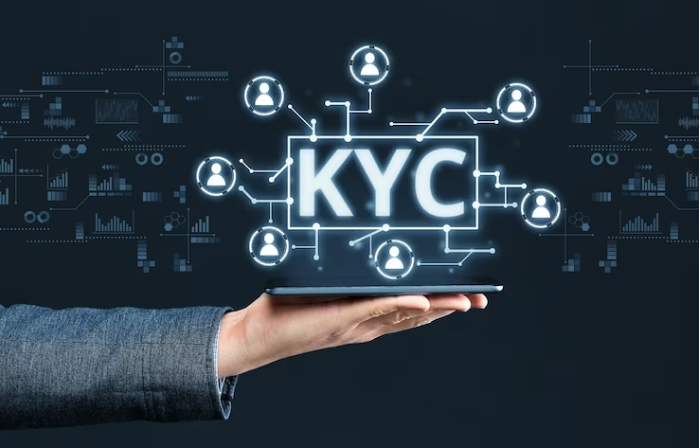In today’s digital era, this is one of the utmost importance for businesses to prioritize trust and security. In sectors where client identification and compliance with Know Your Client (KYC) rules are critical, such as finance, banking, and e-commerce, this is particularly important. Identity verification is essential to maintaining KYC compliance and shielding companies from money laundering, fraud, and other illegal actions. If you are looking for an identity verification service provider, you can contact IDefy. They provide the best identity verification service as per your needs. In this post, we will discuss the importance of identity verification for KYC compliance as well as how it has become a business essential due to changing threats and strict regulations.
What is KYC?
Know Your Customer, or KYC is a collection of procedures and guidelines intended to confirm the legitimacy of clients. The primary goal is to stop financial crimes like money laundering, fraud, and financing terrorism. Although KYC regulations differ by nation and industry, they all seek to guarantee that businesses are aware of their clientele and conduct business legally.
Fulfilling regulatory responsibilities
KYC rules protect your companies from possible threats and stop financial crimes. It is legally required for financial institutions, such as banks, payment processors, and fintech startups, to confirm the identity of their clients. Businesses may demonstrate KYC compliance and lower their risk of fines, harm to their brand, and legal repercussions by putting vigorous identity verification procedures in place. For organizations to comply with regulations and maintain a secure working environment, identity verification is an essential tool.
Preventing Identity Theft and Fraud:
Nowadays Businesses and their clients are in grave danger of fraud and identity theft. Because identity verification confirms the legitimacy of consumer data, it serves as a potent barrier against these dangers. Businesses can verify the identification of the individual presenting information as who they say they are by cross-referencing identity documents, such as passports or government-issued IDs, with credible data sources. By reducing the possibility of fraudulent activity, this procedure shields companies and their clients from possible harm and financial losses.
Increasing client confidence:
Consumers are increasingly reticent to divulge personal information in an age of growing data breaches and privacy worries. Establishing robust identity verification procedures can assist companies in gaining the trust of their clientele. Businesses can create a sense of security and confidence in their clients by reassuring them that their data is protected and that strict verification procedures are in place. It can strengthen consumer relationships and increase loyalty by increasing customer trust.
Making Customer Onboarding More Efficient:
In the past, customer onboarding procedures required manual verification, in-person visits, and laborious documentation. With automated identity verification systems, organizations may speed up the onboarding process thanks to technological improvements. Businesses can now swiftly and effectively verify the identities of their customers without wasting time on laborious manual processes, thanks to digital identity verification systems. It gives companies a competitive edge by enhancing the customer experience while cutting expenses and speeding up the onboarding process.
Converging with the Digital Age:
Identity verification becomes even more critical as firms continue to embrace digital transformation. As digital services, remote account openings, and internet transactions become more common, organizations are more vulnerable to fraud. Firm identity verification solutions enable businesses to adjust to this digital environment by ensuring that. Clients are who they say they are before allowing access to private data or financial transactions. Enterprises may enhance their security stance and safeguard themselves and their clientele against new risks by harnessing cutting-edge technology like biometrics, AI, and deep learning.
Combating Terrorism Financing and Money Laundering:
In the fight against money laundering and the funding of terrorism, identity verification is essential. Businesses can identify and stop suspicious activity by thoroughly validating the identities of their consumers. Encouraging firms to detect potentially illegal transactions, report suspicious activity to regulatory bodies, and fight financial crimes overall is made possible by robust identity verification methods along with continuous monitoring and risk assessment.
Conclusion: –
In conclusion, businesses may comply with regulations, reduce risks, build customer trust, expedite customer onboarding, adjust to digital transformation, and fight financial crimes by placing in position robust identity verification procedures. Organizations need to be alert and use creative solutions to protect themselves and their clients while maintaining the integrity of their operations as technology develops. So, as an employee, customer identification verification is a vital thing. To get identity verification software or an identity verification document, feel free to go through IDefy. Call them today for document ID authentication software.

Leave a Reply
You must be logged in to post a comment.